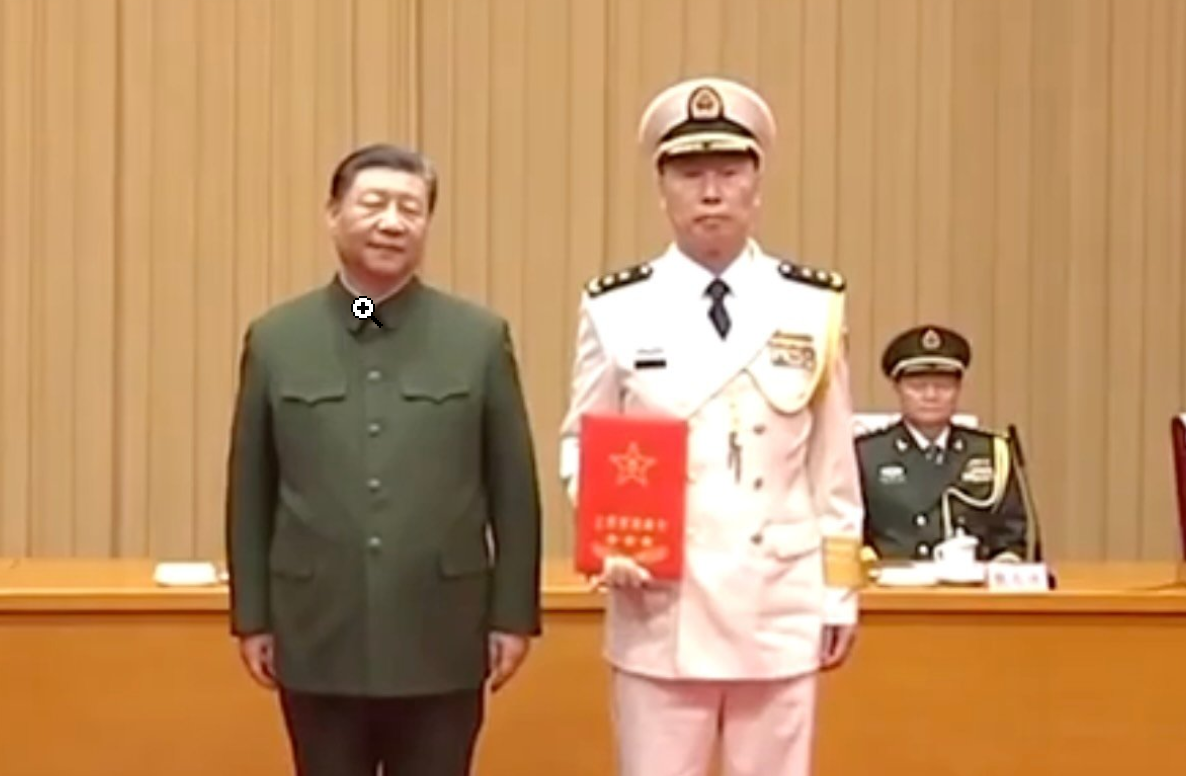Hu Zhongming : China Appoints New Navy Chief Amid Rising Regional Tensions
On December 25th, China announced Rear Admiral Hu Zhongming as the new commander of the People’s Liberation Army Navy (PLAN), replacing Admiral Dong Jun. The change in leadership comes at a time of escalating tensions between China and its neighbours over disputed territories in the East and South China Seas.
Hu’s Background
Details are scarce about Hu’s naval career. He first joined the PLA in 1979. Chinese state media reports that he commanded a submarine at one point, with his crew receiving a top merit award in 2013. In 2008, Hu was credited with averting a major accident during tests of a new submarine model. These limited accounts suggest Hu has extensive experience in submarine warfare.
China’s Naval Capabilities
China possesses the largest navy in the world by number of vessels. Under Hu’s command are three main fleets: the North Sea Fleet, East Sea Fleet, and South Sea Fleet. The South Sea Fleet has grown its presence in the South China Sea, where China contests overlapping claims with Southeast Asian countries. Meanwhile, the East Sea Fleet would likely lead any conflict near Taiwan or Japan. China’s navy frequently holds joint exercises with Russia as well.
Regional Implications
Hu’s appointment comes as China adopts increasingly aggressive “gray-zone” tactics to intimidate neighbours and pursue its territorial ambitions. Chinese warships and coast guard ships now regularly patrol disputed areas of the South China Sea, sparking incidents with Vietnamese, Philippine and Malaysian forces. China is also expanding its naval footprint into the Indian Ocean, alarming India.
Meanwhile, rhetoric and military posturing towards Taiwan have reached ominous new heights. Admiral Hari Kumar of the Indian Navy recently expressed concerns about over 50 warships from extra-regional powers like China and Russia now operating in the Indo-Pacific.
Loyalty Over Merit?
Some analysts speculate Hu may have been selected more for his political reliability rather than professional credentials. His predecessor Dong Jun still had three years before the PLA’s standard retirement age. Since last year, China has seen abrupt replacements of top generals without clear explanations. Such moves highlight President Xi Jinping’s intense focus on consolidating military loyalty to himself and the Chinese Communist Party. At a July meeting, Xi told the PLA to “uphold the party’s absolute leadership.” This political loyalty now seems to be valued over professional experience in the PLA’s leadership appointments.
Month: Current Affairs - December, 2023
Category: International / World Current Affairs






